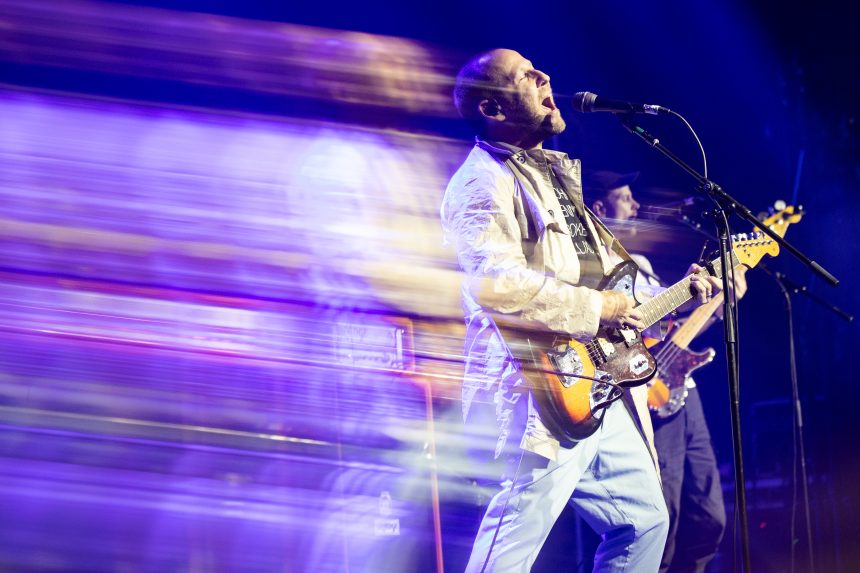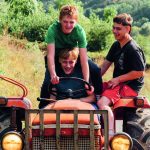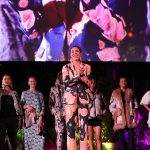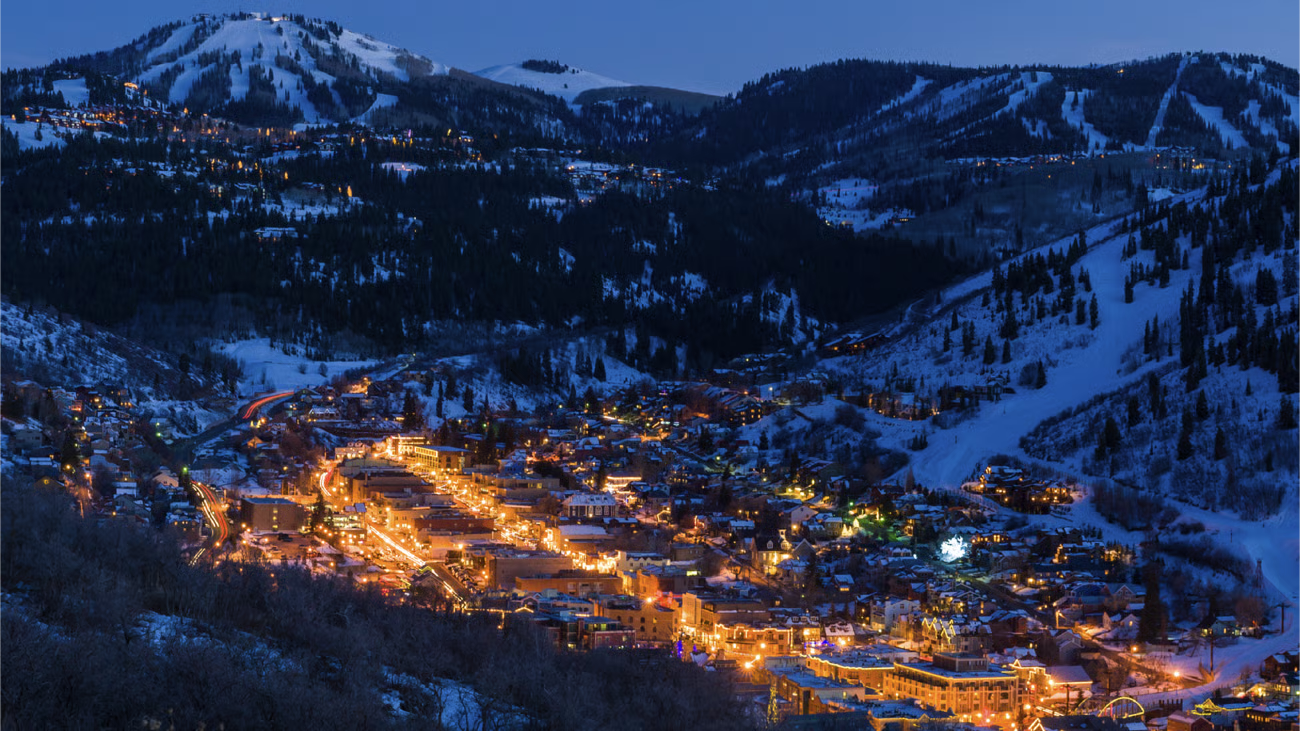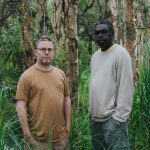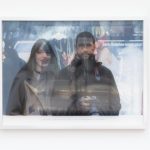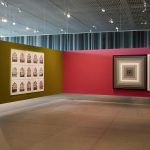The Regional & Remote Music Summit, has kicked off at the Byron Bay Community Centre, inviting attendees to participate in a program of conversations, cultural exchange, ideas, and performances – all focused on strengthening regional music ecosystems and communities.
From discussions on touring networks and music policy, venue sustainability and cultural tourism, the sessions are designed to equip industry professionals with insights, practical tools and inspired connections.
Beyond the talks, there’s the celebration of community spirit and experimentation in a late-night Little Bands showcase, curated by local legends, Mario Fraietta (Howl & Moan Records) and Stuart Grant, plus live music from an eclectic mix of regional talent at Dashville Does The Bowlo.
While the Summit promises to spark new ways of thinking and forge meaningful collaborations across music, place, and purpose, Irresistible wanted to go even deeper, so we caught up with the Managing Director of MusicNSW Joe Muller.
Joe joined MusicNSW in 2023 with over 15 years experience as a festival curator, creative producer, venue programmer, artist manager, independent label owner and artist. He was the Music Curator for Vivid Sydney and curated music programs for festivals and iconic Sydney venues including The Basement and The Lansdowne.
Joe has also worked as a live and studio musician, playing electric and double bass with a diverse range of groups for over 20 years. He gave us a great playlist of Northern Rivers Bands which you’ll find below, plus plenty of chat about what we always suspected- that in the end music is going to save the world!
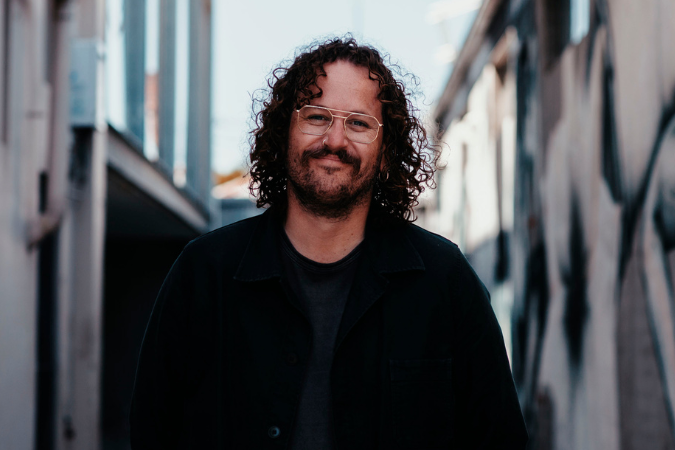
How does Music NSW fit in the larger ecosystem of agencies working in the music industry?
Joe Muller: We certainly collaborate with one another a lot, and people do move around a little bit between the different organisations. We’re the peak body for contemporary music but we’re not government, and we’re not a funding body. Folks often get confused about that which I get. We’re called Music New South Wales which does sound official. But we’re a non- government, not- for- profit organisation.
But you’re funded by the government?
Mainly, yes, but we don’t need to be. So if a philanthropist or a sponsor or private donor wanted to come along and fund us, or we wanted to run commercial events and sell tickets, we can generate other income.
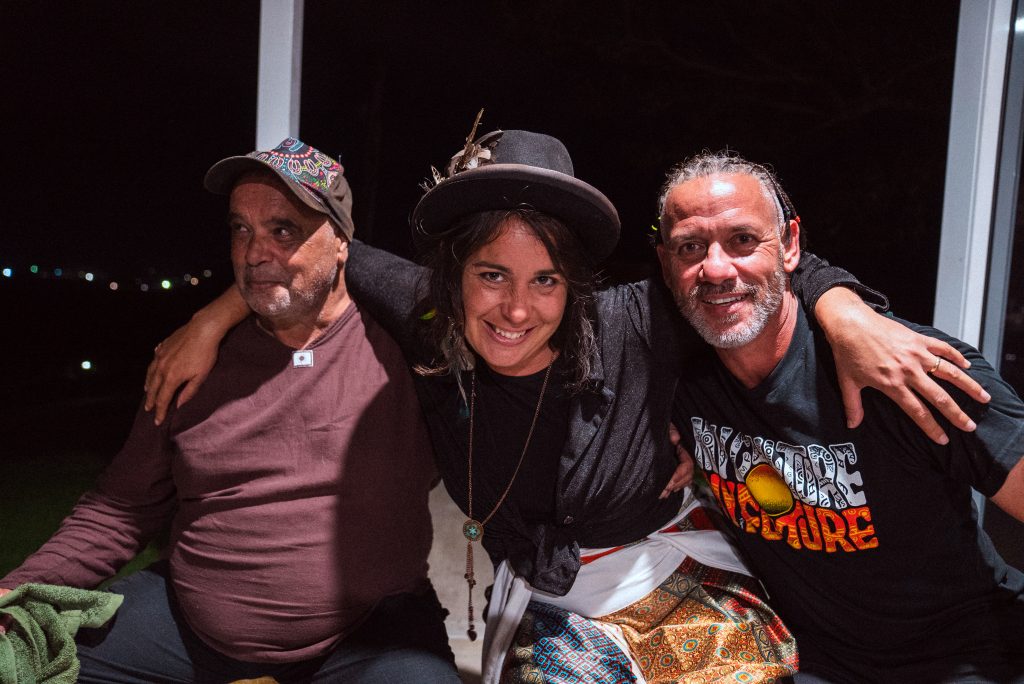
How do you engage with artists?
Our primary stakeholder group is grassroots artists and those in artist development. So we think about how we can create the conditions for artists to have more successful and sustainable careers and lives. We do that through delivering programs that are all about capacity building and it takes a number of different forms. We navigate folks towards information, resources, inspiration, and skills. Networks are super important, so just being that connecting voice is often what we do. We’ve got boots on the ground right across the state, there’s 14 of us on the team, and I think 13 of those 14 people are artists themselves, which is a bit of a super-power for us. It means we can guide people in a way they’re able to understand.
It sounds like you’re creating very local and very real connections?
I have an anecdote I like to share. Our regional coordinator up on the Mid North Coast identified that there were no gigs happening in Nambucca Heads, which is a small town halfway between Sydney and Brisbane. She found a venue that was interested in putting on gigs, and then she found a young woman who was interested in becoming a promoter, and made the introductions. That young woman is now booking live music in a number of towns around the Mid North Coast and creating regional touring networks between those towns with local artists. It means employment opportunities for those artists, cultural impacts for those towns, jobs for people working in venues and front of house.
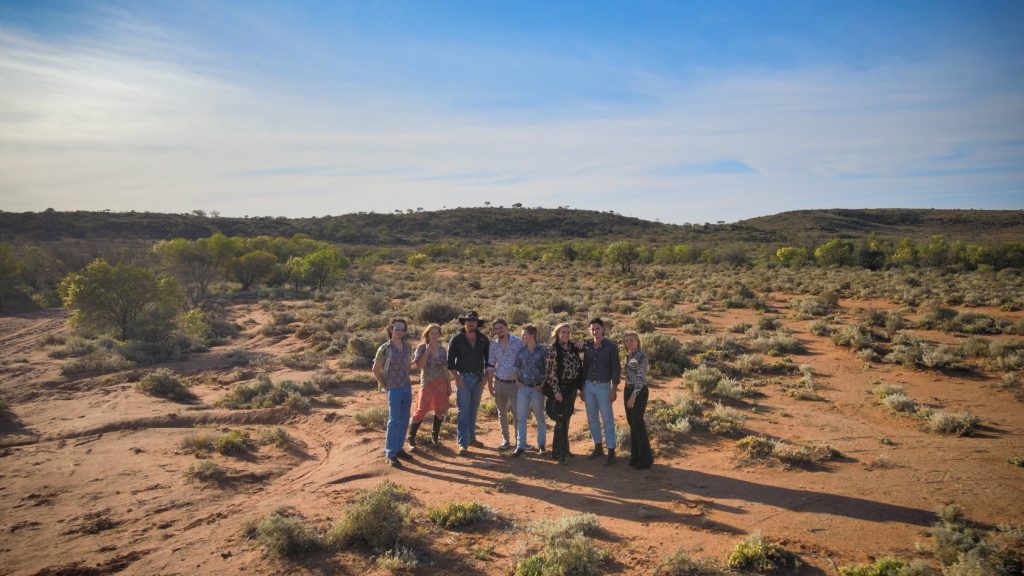
It makes the places much more liveable and attractive. And fun.
Music is such an intrinsic part of our humanity. In terms of a liveability, yes, it’s absolutely essential. I live in Brooklyn, up on the Hawkesbury River. I sing in a sea shanty choir with a bunch of community folks, and just the other weekend there was a gypsy jazz band that came and played at my local pub – it was so important for the community. It was one of the locals 60th birthdays and everyone was having such a fantastic time that afterwards a whole bunch of us went up the hill and burnt an eight- foot high effigy of Donald Trump! Music is such an important part of our communities and the way we understand ourselves and celebrate life, the way we create rituals and meaning and a sense of self-love and self-worth.
It can build resilience in communities too?
Yes if people have come together in one way they can work together in lots of ways. I think about meeting the moment in our communities, for example responding to climate change and emergencies. Not only can people help each other out in a crisis, it’s about coming together in longer term ways. For example. we have a lot of solutions available to make the urgent transition towards renewable energy a scale and pace, but the barrier is political will. How do you influence political will? It’s culture. We absolutely need artists and musicians to navigate us towards these new ideas- that kind of sits at the centre of what we do.
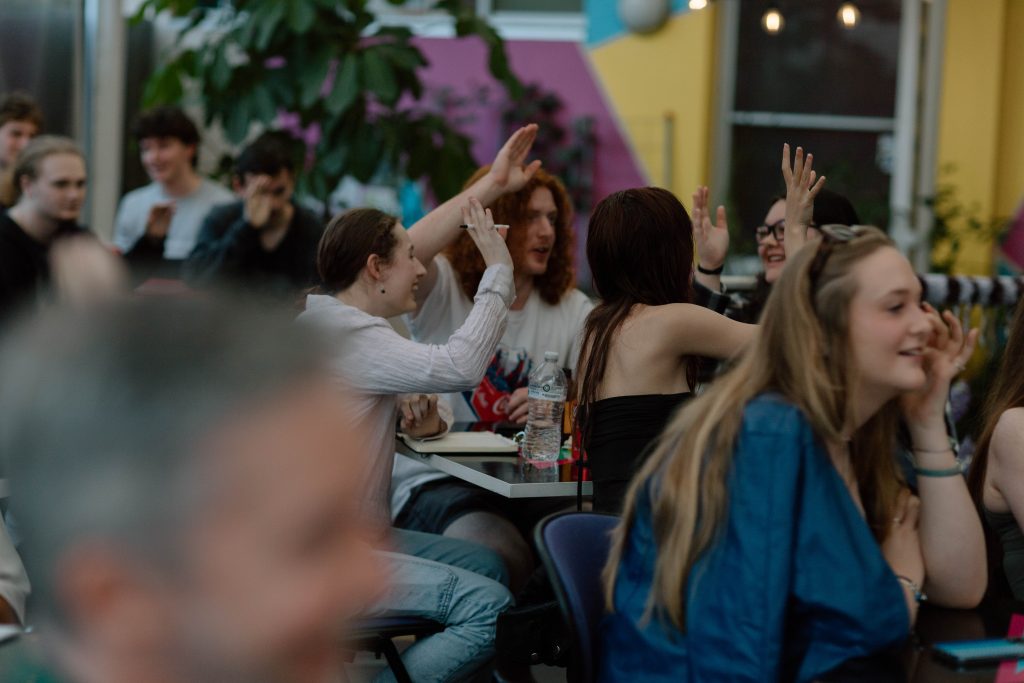
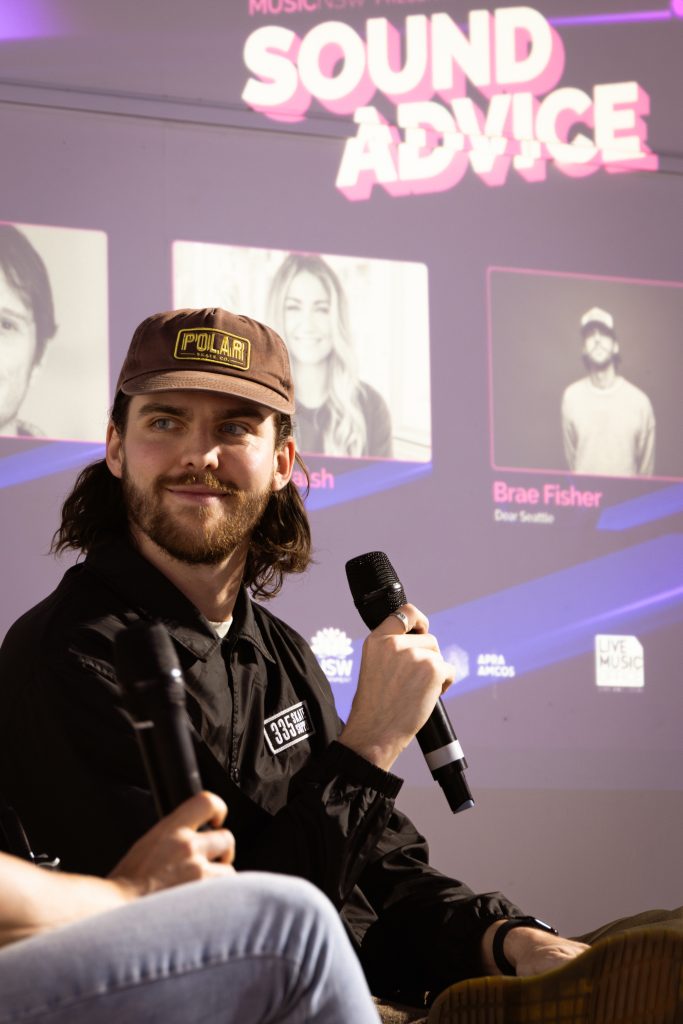
How do you influence local government?
A bit part of our job is advocacy – speaking to government and other stakeholders about policy change, regulatory reform, and how do we make sure that we’re thinking about the best conditions for art and art making, and music and music making to happen in our communities.
So much progress has been made around the nighttime economy issues that plagued Sydney. How did that get started?
The pressure came first from the outside. It was born of the conditions we found ourselves living in, in Sydney and New South Wales, where there was a kind of war on music and the nighttime economy over successive governments, and the lockout laws were really catastrophic to nightlife in Sydney specifically. There were a number of really important people working through movements like Tyson Koh and the Keep Sydney Open organisation. Then the Night Time Industries Association was formed, and Music New South Wales was involved there. People from the industry began speaking to government about the importance of the nighttime economy, and now the New South Wales government is a real leader in that space.
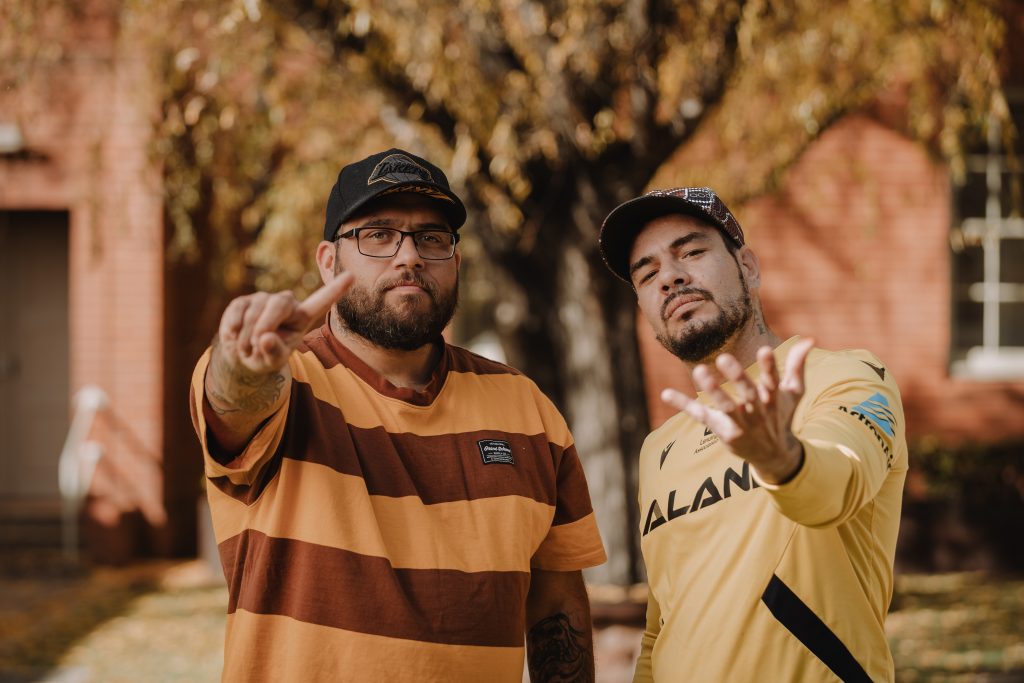
It seems totally embedded in their policies?
The Vibrancy Reforms that have been delivered over the last couple of years through this New South Wales government have been amazing in terms of removing the regulatory red tape that sits between music and music making happening in our communities, and it happening well. It’s creating the conditions for nightlife economies to thrive. I think the next piece of work is about demystifying some of that. There’s some storytelling that’s needed around the fact that the conditions have changed, especially for young people. The remit of the Vibrancy Reforms and the The Office of the 24-Hour Economy Commissioner has been to remove red tape, and that has happened to a large extent. We need to celebrate that, and act as a kind of concierge between the people who want to make Sydney an interesting cultural place, and the potential spaces that they can unlock all of that in.
There was the recent announcement about international acts getting financial benefits when they add local Australian musicians as their support acts.
Yes – Michael’s rule. It’s named after Michael McMartin, who was an artist manager who sadly passed away. That piece of advocacy and lobbying was done by the Association of Artist Managers over the last couple of years. It’s incredible to see the New South Wales government take a proactive leadership response. We’ve been happy to support it where we can. It’s clever and it’ll be interesting to see the uptake.
Have there been similar initiatives in the past?
I’m not an expert in this space, but there used to be other incentives in Australia. I believe there were visa conditions that acts needed to have the same number of Australian artists on stage at some point as international artists. It’s difficult when you start thinking about people like Paul McCartney. There was no support at his concert. It’s just Paul McCartney. And it made sense. I also went to Taylor Swift and there wasn’t any Australian music anywhere near that show, and it was a real shame. Michael’s rule is about exposing Australian audiences to Australian artists.
Is there a crisis of discoverability?
We all embraced a sort of techno- utopia with social media and smartphones and thought it would be easier to connect with audiences, and everyone can be an artist, and there are no more filters or gatekeepers or editors standing in the way.
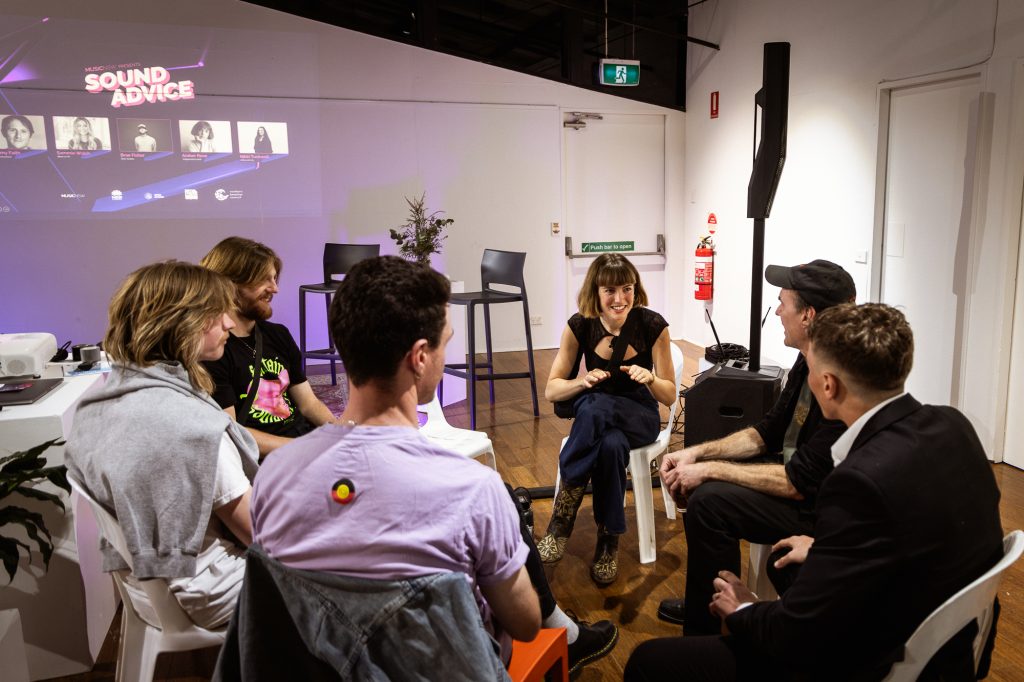
And we’ve ended up with one editor and it’s Meta
Yes – Meta is an algorithm. It also means that artists are competing with not only artists from all around the world, but they’re also competing with the catalogue. So if I’m a new New South Wales artist releasing work, I’m competing with the Beatles for discoverability! I think we need those trusted voices within our communities to help orientate us towards local artists and local stories. We all needed that friend who had an older brother or sister growing up, who could tell us how to get to a gig or that we ought to listen to Radiohead. We need someone or something to teach us, especially young people, how to consume culture, and how to navigate towards local happenings.
Basically like Irresistible Magazine!
Yes. I’m really interested in emerging platforms, and collectively owned platforms or co-ops. Ultimately with Instagram, none of the creators own that content. It’s your audience as long as you’re engaging with them on that platform. If you leave, you don’t take them with you. Still the most valuable thing you can own in the digital space is an email address. Meta is just Meta.
Often people just have the experience of something on Instagram and don’t go any further- they don’t read the article or even go to the concert- they just look at Insta.
Certainly in music, there are very few music journalists who are writing about local stories and there aren’t the platforms for them to do that. It comes back to developing the conditions for the grassroots to thrive- and its across the whole ecosystem. We know that artists lead innovation and that creative people are stronger together, and if you create spaces for them to come together everyone benefits. Triple J has had huge impact over many decades because it’s been able to navigate communities towards artists and say -we think these artists are great, you should check them out!
Do you have any benchmarks that a musician needs to have met before you work with them?
We are here for everyone, we’re not curating. In fact, we’re actively looking for ways that we can be more accessible to everyone. And that’s a hard thing to do. New South Wales is a massive state, and it has lots of disparity between the communities. In some places the needs are really around access and participation. Dropping guitars or laptops in people’s laps can be huge in those places. Hopefully we’re able to reach those artists who perhaps are feeling a bit bewildered in the space, and we can demystify some of the pathways within the music industry. A sustainable artist career can feel like a bit of a mirage for most people, but we believe that sustainable music scenes are a reality, and we want to build the creative infrastructure that sits behind all of those artists.
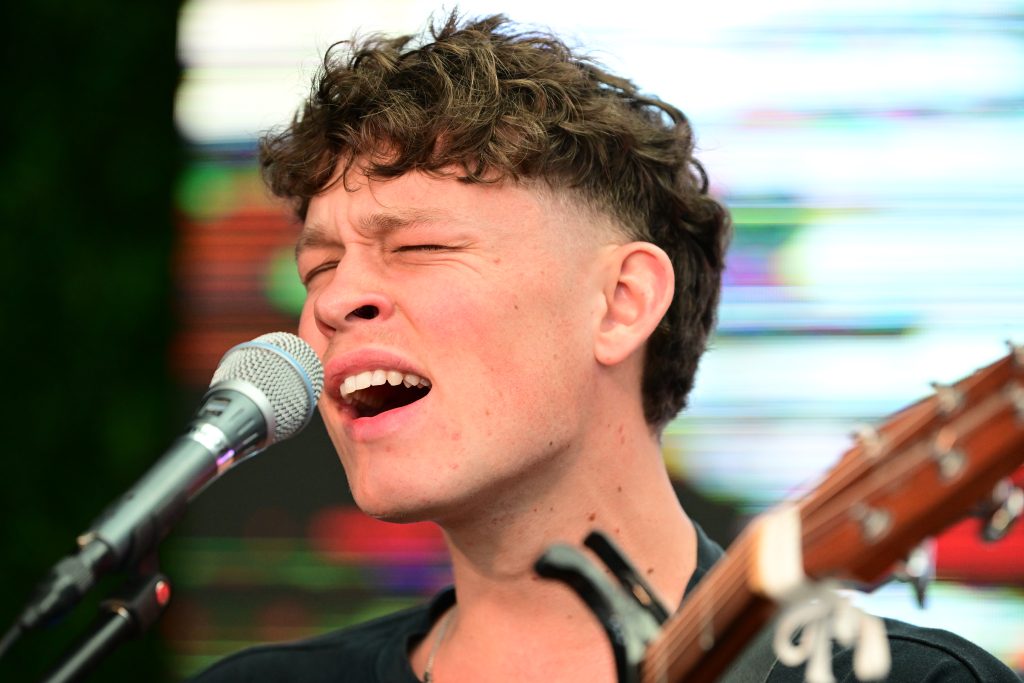
There are other careers besides performing that are just as important and can be viable options for people.
Yes, careers don’t go in straight lines. Artists can go on to become organisers or have other creative roles. Some might work outside of the sector, but remain audience members. People in punk scenes go on to become political organisers – that’s super important – just becoming socially engaged citizens. People who are curating festivals or venue programs are really taking that cool older sister model to the next level. Audiences need to be able to trust them. It means that they’ll check out a band just because they trust that they’ve never had a bad time in that venue or festival, just like they can trust a magazine or a community radio show. In the natural world, strong ecosystems need diversity, and so our idea of that means lots of people doing lots of different things in our communities and venues- filling them with music and artists performing in different ways and exposing us to different ideas around what’s possible. It’s the way we will safeguard the future of music.
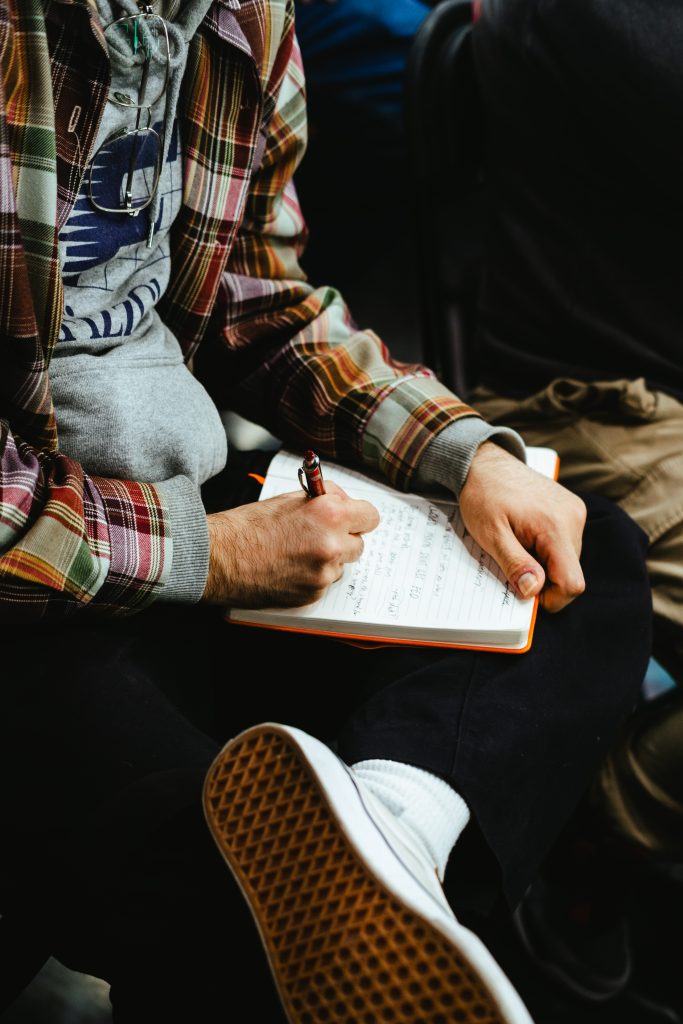
What do you think about the changing behaviour around ticket sales. Festivals and concerts can be cancelled if there aren’t early ticket sales, but research shows that buying patterns are changing?
I think it’s real and there’s lots of data that points to the late ticket buying behaviours. I think it comes from macroeconomic forces – people are just not sure if they’ve got the cash and the cost of living crisis. Generally people want to hold onto their money for longer, and the pandemic trained us that anything can change at any point. People might think an event might be cancelled, so they’ll wait till they know it’s definitely on. I think the antidote to that has to be buying tickets early. The best thing an audience member can do for a local artist is buy tickets to their show and do it early. Get the festival tickets as soon as they go on sale. It is a gamble for so many artists to go on tour or play a show.
Tell us a bit about your career journey?
I came into this work through being an artist myself. I was in lots of bands through my 20s and 30s. I was always the responsible member in the band, doing the emails and organising. Then at some point I started officially managing the bands that I was in and then I was managing some other bands that I wasn’t in. I got into I programming venues and festivals and worked on a record label. I’ve worked as a promoter and put on parties. I was the Music Curator at Vivid, and also worked with Queensland Music Festival and the Taste of Tasmania Festival down in Hobart as well as CHANGES Festival in Melbourne. I’ve always understood myself as an artist first, and that’s helped how I’ve oriented myself in the industry. My greatest inspirations have been other artists. My role here at Music NSW feels like a natural combination of everything I’ve done before. I think it’s a really exciting time for music in Australia and New South Wales specifically. There is unprecedented levels of government investment at the moment and I’m really motivated to make the best use of that.
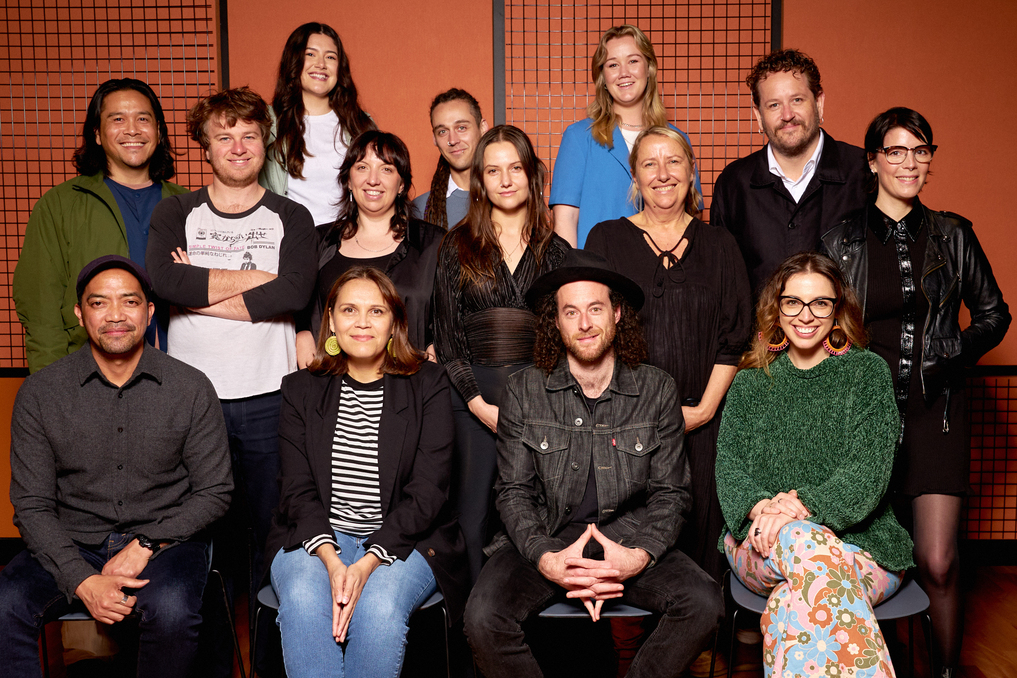
How do we make the investments count for the long term do you think?It’s an interesting moment for us to be thinking about that- its a big part of what we do as an organisation -creating the scaffolding for future generations of artists to come along and have access to resources and ideas. Inside of government there’s now an agency called Sound New South Wales, which was created in 2023. It’s the strategic and investment arm of the New South Wales government. So that’s incredible. There’s only two states in the country that have a dedicated investment arm for contemporary music, and that’s New South Wales and South Australia. Sound NSW have a ten year contemporary music strategy that has steps in it that commit to investing in building the infrastructure for the sector. It borrows a bit from how the government has invested in the screen industry. Its about planning and that’s whats happening.
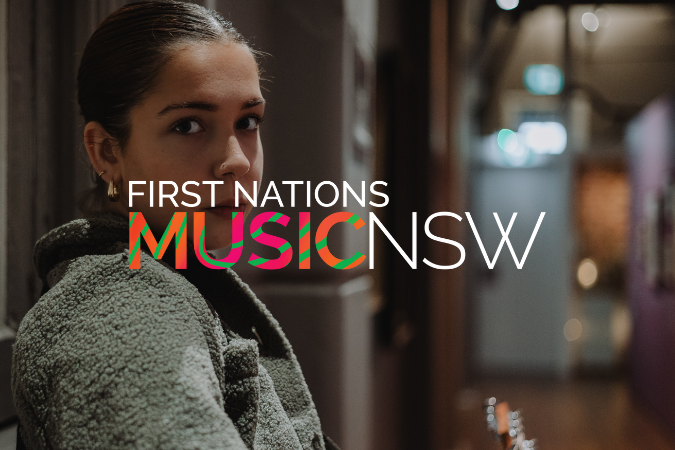
Comparing it to film then, is there a role for more production and studios in the long term strategies?
There are great studios here, but tech is changing everything. There’s lots of great folks who are working in their bedrooms. I think it’s important that we create places for those producers who are often working solo to come together and collaborate – to create community. Because that’s where innovation happens.
And what about you – are you still playing in any bands?
I’m a bass player mainly. It’s very rare now, but yes, I do still play!
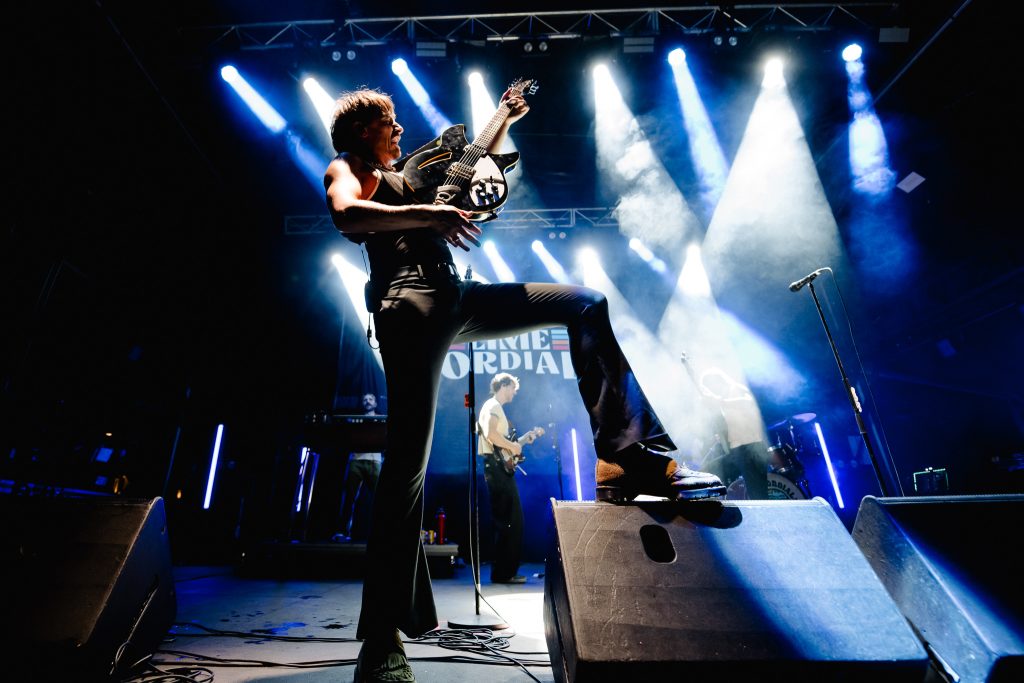
New sessions added to the The Regional & Remote Music Summit:
Ben Lee on the Magic (& Madness) of Touring
Drawing on an extraordinary career that has (so far!) spanned 20 solo albums, one-off projects like the Bens (with Folds and Kweller), a Grammy-award winning comedy album, a psychedelic children’s musical and now his company Weirder Together, with his wife, actress Ione Skye, Ben Lee brings his signature storytelling and irreverent humour to a session on the magic (and sometimes madness) of taking your music on the road and why he believes regional Australia and scene-building should be part of every artist’s long-term strategy.
In Conversation: NSW Minister for Music & the Night-time Economy John Graham & Jane Slingo
Join the world’s first Minister for Music, The Hon. John Graham MLC, in a keynote conversation with Jane Slingo, Director Asia Pacific of VibeLab, on how to leverage policy to drive change, strengthen music communities in both cities and the regions, and unpack the NSW Government’s strategy to enable the conditions for sustainable sector growth across music and the night-time economy.
Little Bands
Inspired by the disposable, DIY ethos of the original Little Bands movement, this late-night showcase is curated by Stuart Grant of Primitive Calculators and Mario Fraietta of Howl & Moan Records. Expect short sets celebrating small-scale chaos and Northern Rivers community spirit!
Touring Networks & Cultural Exchange
Touring shouldn’t just happen in communities; it should be built with and by them. We’ll discuss how culture, exchange, and community partnerships can support resilient touring ecosystems with Rhoda Roberts AO, Wantok Musik’s David Bridie, Letisha Ackland from Balya Productions and MusicNT’s Executive Director, Mark Smith.
Music is the Destination
Exploring music as a driver of cultural tourism, local storytelling, and precinct activation with the minds behind Dark Mofo, Tamworth Country Music Festival, Queensland Music Festival & OK Motels.
Green Music’s Venue Sustainability Health Check Report Launch
What does it take for live music venues to cut emissions, reduce costs, and lead on climate action? Based on hands-on work with nine venues across NSW, Green Music Australia’s new report reveals the current state of sustainability and offers practical pathways forward.
Dashville Does The Bowlo
Stay on after the Summit officially ends to keep hanging with the Dashville crew and for tunes from Magpie Diaries, Mylee Grace, Johnston City, Joey Leigh Wagtail, Piper Butcher, Max Marvell, Dave Wells, Kingsley James and more. This is a ticketed event open to the public. Summit delegates receive free entry.
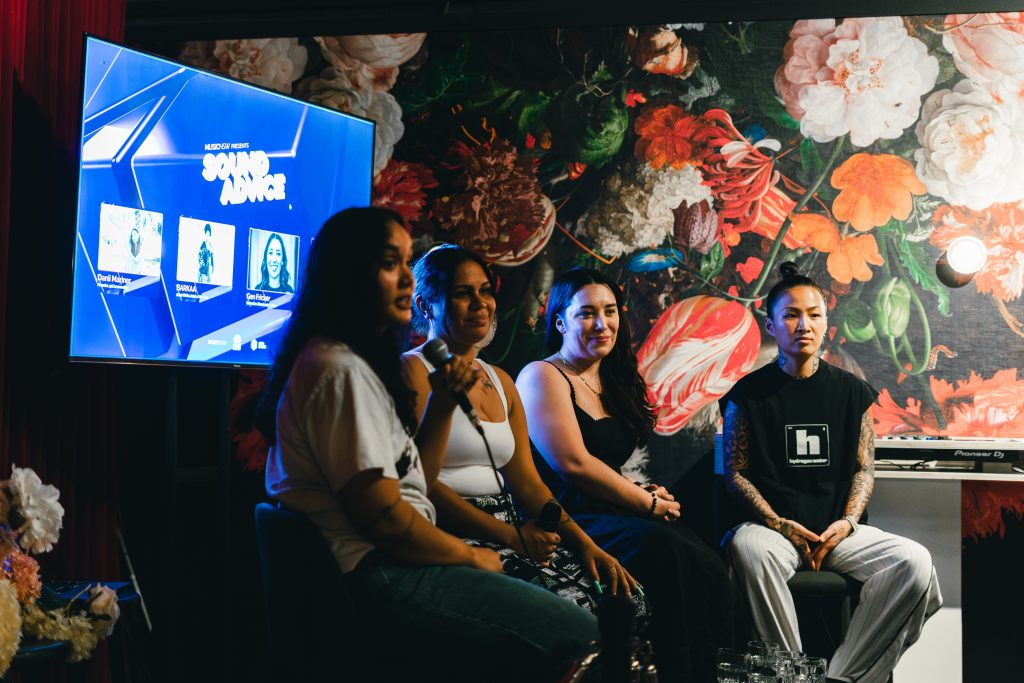
These sessions round out the already announced:
Keynotes & Panel: Music as Place, Culture and Community
Bringing together three powerful voices to explore how music strengthens identity, resilience, and drives social impact in diverse regional communities. Mini keynote addresses by Rhoda Roberts AO, Dr Vic McEwan (Cad Factory) and Rona Glynn-McDonald (RONA) will be followed by a panel discussion and Q&A with broadcaster & journalist Tracee Hutchison.
On the Road to a Better Tour: The Future of Touring in a Climate-Conscious World Oliver Leimbach of Lime Cordiale joins Green Music Australia’s Tim Shiel to explore how artists can reduce their touring footprint without losing the connection that comes from performing in regional communities.
DIY or Die? Touring Regional & Remote Australia
When you’re touring remote Australia, is DIY the only way to survive? This session explores grassroots, artist-led, and community-oriented approaches to touring with Raechel Whitchurch (Sure Thing Agency), Matt ‘Magpie’ Johnston (Dashville), Ashlyn Jada Koh (First Block Sounds & Sad Cowgirl Tours), Jack Parsons (Guts Touring & Bush Music Fund), Chris O Neill (APRA AMCOS).
Regional Music Strategy: An Update from Music Australia
This session provides a timely snapshot from Director of Music Australia, Millie Millgate, and Creative Australia Research Manager Dr Christen Cornell, of the evolving policy landscape and what it means for regional artists, organisations, and the industry.
Ones to Watch: First Nations Showcase
Live Nation’s Ones to Watch will spotlight First Nations artists at one of Byron’s most iconic live music venues, The Northern Hotel.
How Festivals are Building Communities and Driving Renewal
Regional festivals are more than celebrations; they’re catalysts for connection, creativity, and renewal. This session will explore how community-led festivals strengthen regional identity, support local economies, and create lasting impact with Tara Medina (Strawberry Fields), Jesse Higgs (Party in the Paddock), Guy Grey (Tropical Fruits), Phaedra Watts, (Nannup Music Festival) and more.
Keynote: The Cultural and Economic Contribution of Community Music Radio
What role does community music radio play in Australia’s media and music landscape? Shane Homan shares insights from a three-year ARC-funded project that explores its cultural and economic impact.
Workshop: The Future of Community Radio
Community radio is the heartbeat of Australian music discovery. But as the media landscape shifts, what does the future hold? Broadcasters and industry will come together to co-design ideas in this workshop that will keep community radio thriving as a home for local music and regional voices.
Yarning Strong presented by Support Act
A powerful conversation led by First Nations voices, Yarning Strong, will explore wellbeing, healing, and the importance of culturally safe, inclusive spaces in regional music communities. Featuring Catherine Satour (Support Act), Warren Mason (Tin Camp Studios), Kaleena Smith (MusicNSW), and Angus Field (3%).
Bowls, Bands and Margaritas, presented by Moshtix
Close out the Regional & Remote Music Summit with bowls, beers and margaritas at the Bangalow Bowlo, presented by Moshtix, with live music programmed by Dashville.
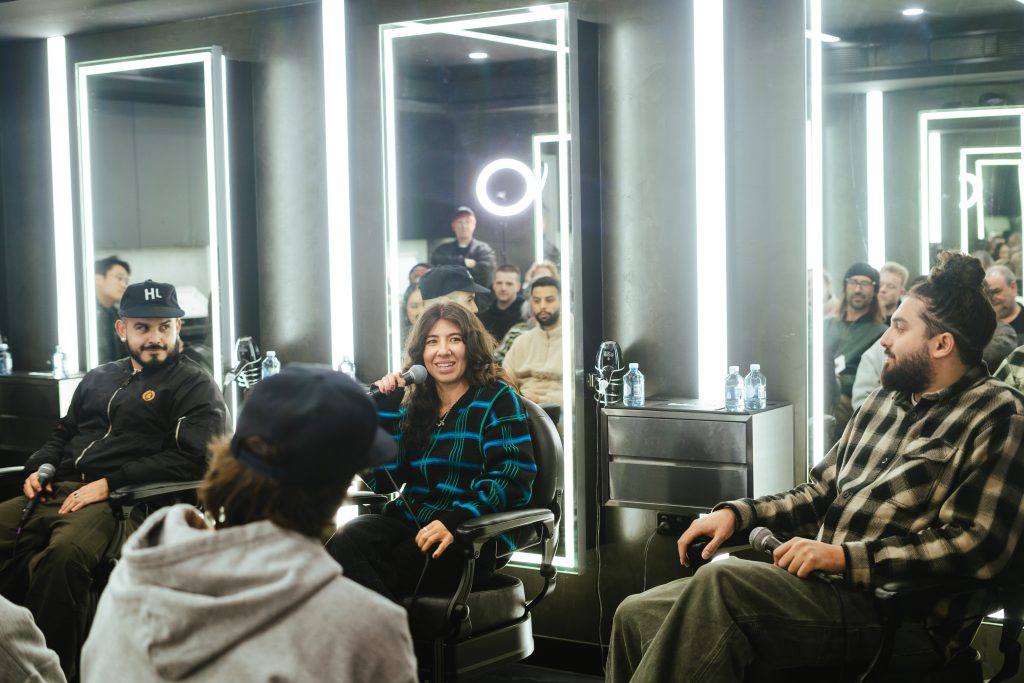
More about the Regional & Remote Music Summit
Our vast regional and remote areas, home to 7 million people (approximately 28% of the Australian population), are integral to shaping the nation’s music industry. The first Regional & Remote Music Summit in 2024 was held in Darwin and hosted by MusicNT. The event was created to support a more inclusive, connected Australian music industry – showcasing music’s power as a catalyst for positive change and providing a dedicated platform to tackle the unique challenges facing regional and remote artists. The 2025 Regional & Remote Music Summit is presented by MusicNSW and supported by Sound NSW and Music Australia.
About MusicNSW
MusicNSW is the state body for music in New South Wales. It is a not-for-profit organisation that empowers and connects artists and industry by providing access to professional and skill development opportunities, as well as best practice resources, facilitating strong industry networks, and bringing industry together for consultation. This includes Sound Advice, regional industry development and support for First Nations artists and industry. The NSW Government funds MusicNSW through Create NSW and Sound NSW




